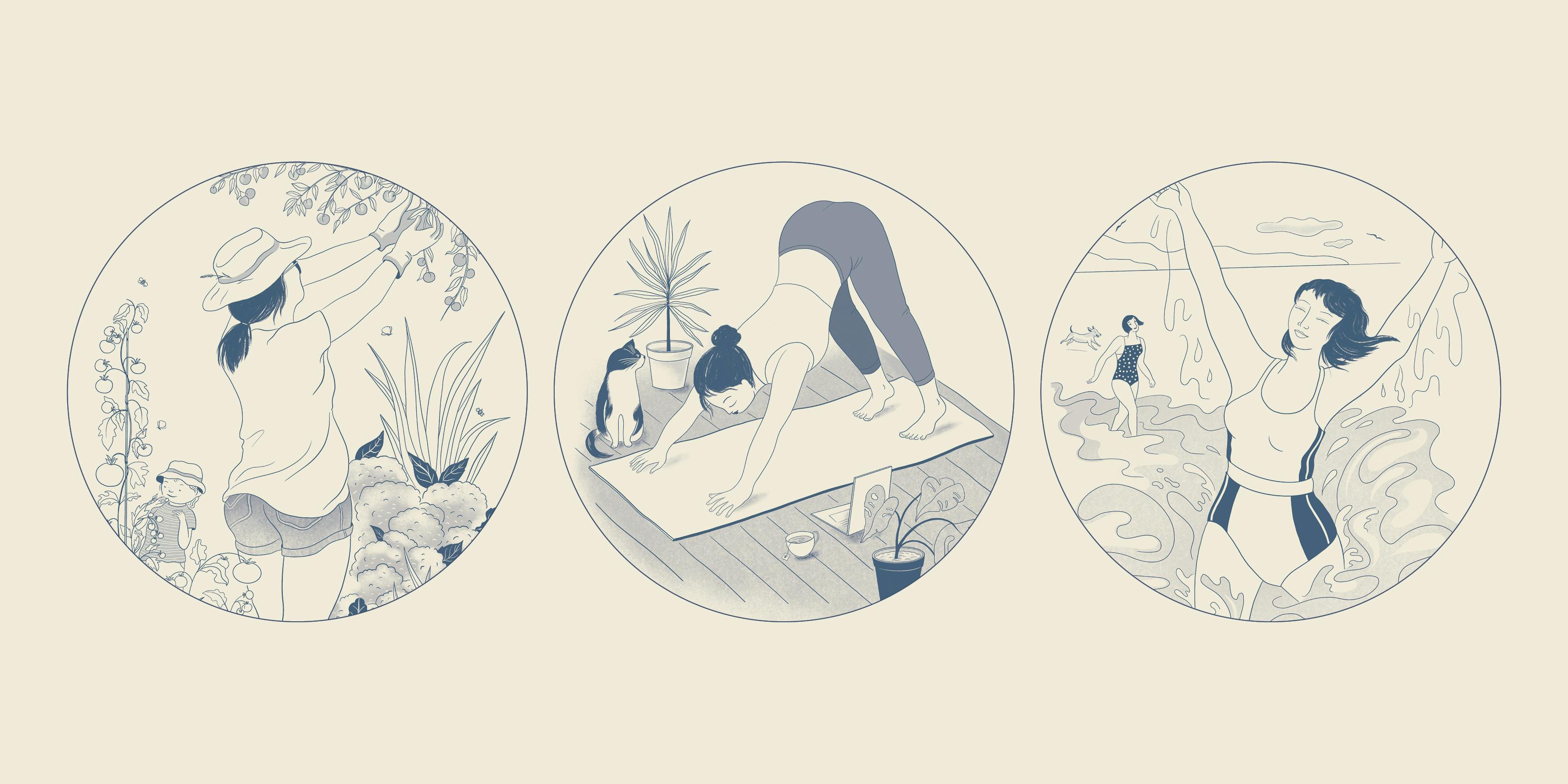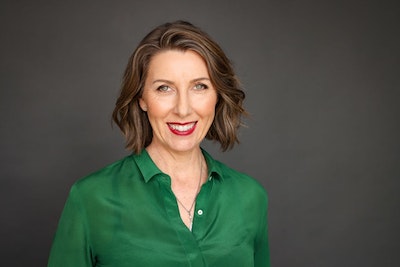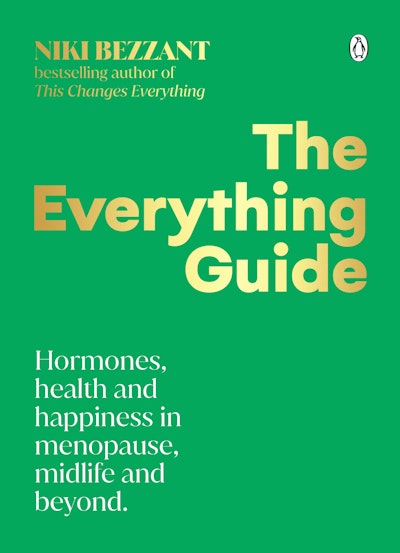As we head into midlife, we can’t ignore the fact of gendered ageism.
It’s an odd one, this. Unlike any other kind of bias, we’re all going to (probably) experience it, at least if we are female. Yet we all know what it was like to be young, and we’ve probably all been guilty of ageism ourselves when we were. I know I used to think about ‘older’ women — who were probably only in their forties, FFS — as barely relevant when I was in my twenties and thirties. And now here I am in my fifties, feeling (obviously) quite the opposite. It’s been said that ageism is bias against your future self. Sounds about right, doesn’t it?
Ageism hits women harder, of course, and women of colour even harder again. Just look at the gender pay gap: it already disadvantages Māori and Pasifika women to a greater degree, and only gets wider the older we get. Men are allowed to age — they’re not scrutinised or judged as they do it. What’s more, they gain power the older they get, which can be the opposite for women. I hope I live long enough for us to be having a debate about whether a female political candidate is ‘too old’ for the job because she’s knocking on 80. I don’t like my chances.
In the meantime, there’s some things that are frequently said in media, marketing, society and general conversation that we really need to stop saying. And when we hear them, we need to call them out as the ageist bullshit they are. Here’s my list; I’m sure you’ll be able to think of others.
‘Anti-ageing’
This is classic marketing misogyny. Thankfully it does seem to be slowly phasing out — but you’ll still find it dominating parts of the cosmetic industry. I now refuse to buy any product that uses this language. We can’t stop ageing. Certainly a jar of eye cream won’t do it (see Chapter 10). All this term is doing is putting its ageism right out there on the label and making us pay for the privilege of being othered. ‘For your age’, etc. You look good for your age. It’s great you can do that at your age. How to (do whatever) at any age. This is all subtle ageism, perpetuating the message that there’s an ideal age to do something, and it’s younger than you are — but hey, aren’t you good to be keeping up? Let’s just not say that. Let’s just say: ‘You look good.’ End of sentence. And magazine editors, please, I beg you: stop doing those articles about dressing/makeup/style ‘at every age’. Just because we’re in our fifties it doesn’t mean we’re not interested in (or aren’t allowed) sparkly eyeshadow or current fashion trends.
‘You don’t look (x age)’
This is related to the previous one. I’ve had this said to me, honestly since I was about 45. And I hate myself for feeling a thrill of satisfaction on receiving this backhanded compliment. Backhanded because, honestly: who’s to say what 50 is supposed to look like? Or 60? Or 70? I look how I look, and I look my age . . . and so does everyone else. Let’s not equate looking younger with looking (or being) better.
‘Of a certain age’
I’ve always had a bit of an ick response to this phrase, which again is only used about women. A ‘woman of a certain age’ implies a woman who is not comfortable saying how old she is, because that age is somehow shameful. And — is this just me? — it also seems to imply a woman who might be trying just a wee bit too hard to turn back the clock in ways that are a bit unseemly, verging on comical. Please — can we just not?
‘Older women’
This is not necessarily a bad phrase, but in the wrong context it can be. It’s often used as a catch-all — likewise ‘over 50s’ or ‘over 60s’ — to include anyone and everyone between 50 and death. Which lumps at least two generations together in ways that make little sense. I am in a different life stage to my mother, just as a woman in her thirties is in a different life stage to me. Considering all women over 50 as one homogeneous mass is missing a trick, if you’re a marketer — and just lazy if you’re anyone else.
‘Karen’
I shouldn’t need to explain this one, and I’m hoping by now it’s dying a death. It started as a descriptor of a particular type of entitled, middle-aged white woman, wielding her privilege in clunky and unreasonable ways. Then it morphed into a way to dismiss any midlife woman we don’t agree with. And you know what: I know of at least one woman called Karen who has changed her name because she felt targeted and maligned. Let’s retire this one.
The Everything Guide Niki Bezzant
Every woman’s honest, healthy guide to eating, moving and feeling your best — for the rest of your life.
The essential new book from bestselling health writer and trusted menopause advocate Niki Bezzant, author of This Changes Everything.














